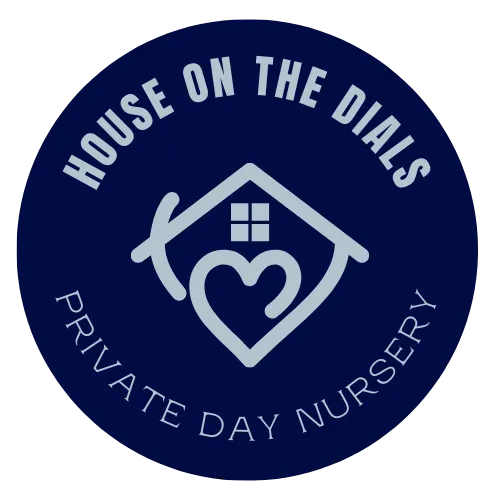Discovering Early Maths Through Play: How We Make Numbers Fun
- Carly S
- Sep 10, 2025
- 3 min read
For many grown-ups, the word “maths” might bring back memories of worksheets and times tables. But in early childhood, maths is something much more playful, natural, and even musical than that!
At House on the Dials, we weave maths into children’s everyday play, routines, and adventures—rather than treating it as a formal subject. The wonderful part? Most of the time, children don’t even realise they’re learning maths at all.
Here are some of the fun ways we bring numbers, patterns, and problem-solving to life.
Songs and Rhymes: Counting Made Fun
Chances are your child already loves favourites like Five Currant Buns or One, Two, Three, Four, Five, Once I Caught a Fish Alive. Beyond the giggles, these tunes are fantastic for building number confidence.
Through rhymes and songs, children learn to:
Count up and down
Recognise number order
Explore the idea of adding or taking one away
Develop rhythm, memory, and listening skills
We often use these songs during everyday moments—like tidying up or lining up—turning routine times into lively little maths lessons.
Everyday Counting Opportunities
Maths is everywhere in daily life, and we use those natural moments to help children build number sense. For example:
Counting how many plates are needed at snack time
Making sure toys or blocks are shared fairly
Spotting matching pairs of socks or shoes
Talking about “more” and “less” during play
These small, practical activities help children understand that numbers are useful tools for solving real problems.
Mark-Making and Early Maths Words
Before children learn to write numbers, they love to experiment with marks—using crayons, chalk, paint, or even their fingers in sand or shaving foam.
This stage of play allows them to:
Notice shapes and repeating patterns
Begin exploring how numbers look
Play with measurement ideas like “long” and “short”
Strengthen hand muscles ready for writing
Alongside this, we introduce maths vocabulary such as “big,” “small,” “tall,” “short,” “near,” “far,” “heavy,” and “light,” so children build both understanding and language.
Blocks, Puzzles & Sorting: Problem-Solving in Action
Open-ended play with blocks, puzzles, and shape sorters sparks skills that are at the heart of maths. These activities encourage:
Spatial awareness
Matching and sorting
Problem-solving and reasoning
We guide their play by asking questions like:
“Which tower is the tallest?”
“Can you find the puzzle piece that’s the same shape?”
“What comes next in this pattern?”
These gentle prompts encourage children to think like little mathematicians while still having fun.
Why Maths Through Play Works
In the early years, maths isn’t about memorising answers. It’s about growing curious minds, building confidence, and developing a sense of how numbers, shapes, and patterns fit into their world.
By exploring maths through play, children are more likely to:
Feel relaxed and positive about numbers
See how maths is part of daily life
Develop enthusiasm for learning
And when the time comes for more formal lessons, they’ll have a strong foundation rooted in fun, curiosity, and confidence.
Final Thoughts
So next time your little one is singing a number rhyme, lining up their cars, or carefully counting steps on the stairs, remember—they’re not just playing. They’re building early maths skills that will help them for years to come.
At House on the Dials, we’re proud to nurture a love of maths that’s joyful, practical, and full of discovery—because when children enjoy learning, the foundations for future success are stronger than ever.




Comments